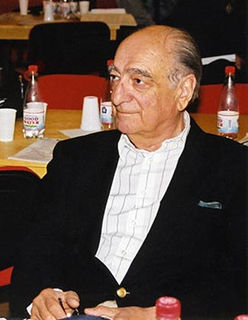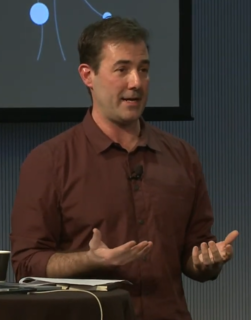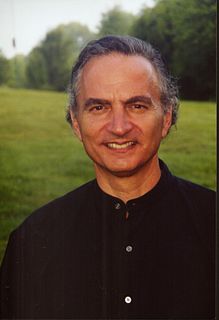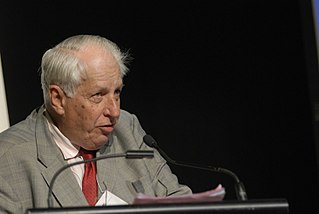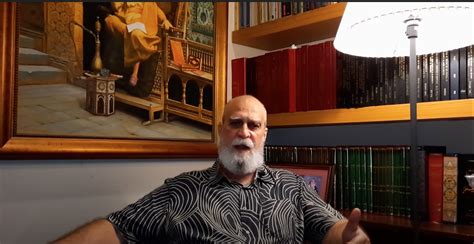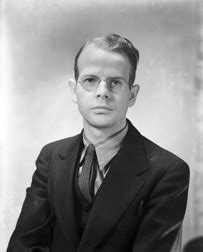A Quote by Myron Tribus
Knowledge without know-how is sterile. We use the word academic in a pejorative sense to identify this limitation.
Related Quotes
These algorithms, which I'll call public relevance algorithms, are-by the very same mathematical procedures-producing and certifying knowledge. The algorithmic assessment of information, then, represents a particular knowledge logic, one built on specific presumptions about what knowledge is and how one should identify its most relevant components. That we are now turning to algorithms to identify what we need to know is as momentous as having relied on credentialed experts, the scientific method, common sense, or the word of God.
The word "knowledge" itself, we like to break it down into two different words, "know" and "ledge." You've got to know the ledge. Know the limitation of things. Know where they go, know where they start from. We say knowledge is the basic foundation of the universe. But everything is first based on something being known. Then, when it's known, then it can be manifested.
Under the discipline of unity, knowledge and morality come together. No longer can we have that paltry 'objective' knowledge so prized by the academic specialists. To know anything at all becomes a moral predicament. Aware that there is no such thing as a specialized effect, one becomes responsible for judgments as well as facts. Aware that as an agricultural scientist he had 'one great subject,' Sir Albert Howard could no longer ask, What can I do with what I know? without at the same time asking, How can I be responsible for what I know?
For the academic the rhetorical sense of superiority through the possession of knowledge is essential for facing the daily grind, turning again to the otherwise boring article, braving the students who, fresh as each class may be, will still ask the same questions year after year. Psychological survival is not achieved without effort, and the environment must be managed, knocked about with one's elbows until it takes a shape comfortable to one's sense of self. This is not selfishness, for in reshaping the environment the academic is also reinvigorating the educational process.
I could characterize nearly any spiritual practice as simply this: identify and quit, identify and quit, identify and quit. Identify the myriad forms of limitation and delusion we place upon ourselves, and muster the courage to quit each one. Little by little, deep inside us, the diamond shines, the eyes open, the dawn rises, we become what we already are.
Real artists find answers. The knowledge of the artisan is within the confines of his skills. For example, I know a lot about lenses, about the editing room. I know what the different buttons on the camera are for. I know more or less how to use a microphone. I know all that, but that's not real knowledge. Real knowledge is knowing how to live, why we live, things like that.
Barry Jones once said that Australia is the only country where the word 'academic' is a pejorative. The academic sector has a vibrant and practical role to play in this complex world of ours. Higher education and research are worthy of your much closer attention. Yes, we can be and should be the clever country. Our progress can be within the highest ethical and moral framework. But this will only happen if we place appropriate emphasis on education, research and innovation within a truly international framework.
Love takes off the masks that we fear we cannot live without and know we cannot live within. I use the word "love" here not merely in the personal sense but as a state of being, or a state of grace - not in the infantile American sense of being made happy but in the tough and universal sense of quest and daring and growth.
I'm going to work with Dan Clowes. After Charlie Kaufman, it's hard to fill up the gap. It's hard to find somebody who... A lot of writers, I can clearly see the desire of succeeding before the desire of expressing themselves. Sometimes people get upset when you want to be different. You were talking about "whimsical," which is a nice word. But sometimes they use the word "quirky" in the pejorative sense. I get frustrated, because they feel like I'm doing whatever I want, and there is no ground, and I don't really care. They feel it's cynical. But I don't think I have any cynicism in me.
